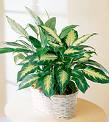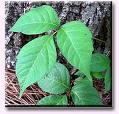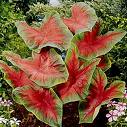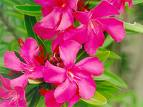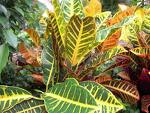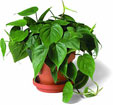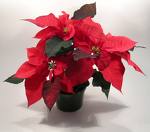 |
 |
|
|
Home |
|
Families |
|
Providers |
|
|
|
|
|
|
 |
|
 |
 |
||||||
|
If you believe you or someone you know has been We all try our best to keep our children safe from dangerous or hazardous situations. Sometimes we forget that common items around our house, in our medicine cabinet, or plants and critters in our yard might be harmful to our children. Children are very curious and adventurous. They aren’t aware of all the things that can hurt them. Toddlers often explore their world by putting things into their mouths. They will even eat things that taste and smell bad! Safeguard your home against potentially poisonous items that your children could get in to. Check to make sure that items are properly stored and out of the reach of small children and pets. Try to teach your children to always ask first before they touch, taste, or smell an item. Use these tips below as a starting point: Home Safety Tips
The top 5 poisons commonly ingested by children:
Prescription drugs are those drugs that have been approved by a doctor. Children and adults alike should only take drugs that were prescribed to them personally in the amount that the doctor ordered. Poison Centers get hundreds of calls every year regarding bug bites and stings. While they are uncomfortable, very few bites are life threatening. The main concern after an insect sting is an allergic reaction, which may come on quickly or gradually. Signs of allergic reaction may include:
If these problems occur, call 911 or seek medical attention immediately. Florida has beautiful plants throughout the state, but some of these plants can be a poisoning risk if ingested or touched. Here are some of the most common house and garden plants that can be poisonous:
Parents should also be mindful of any unidentifiable berries or fruits because they may be poisonous as well The Florida Poison Centers’ Information Network is an emergency resource in cases of possible poisonings and a source of educational information on what hazardous materials we may have in our homes or gardens. The Poison Information Network is available 24-hours a day at 1-800-222-1222. Specially trained personnel respond to emergency calls about poisonings and provide educational information to professionals and communities throughout the state. For more information on Poison Control Centers, visit the Florida Poison Information Center Network web site. |







